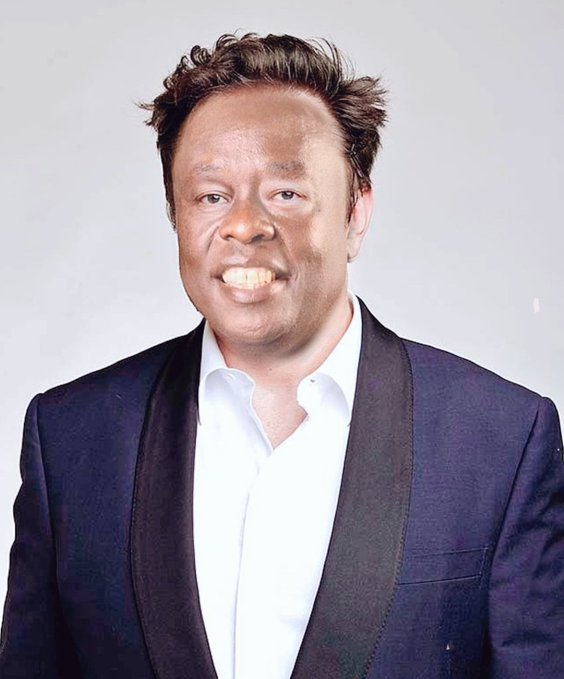The recent fallout between Elon Musk and former President Donald Trump has sparked a wave of hilarious comparisons by Kenyans, who are drawing parallels between Musk and Kenya’s Deputy President Rigathi Gachagua. Both men, once close allies of powerful leaders, have fallen out with their former bosses and gone public with serious accusations, leading many to dub them “truthful men.”
Elon Musk, once a supporter of Trump during his presidency, has recently clashed with the former U.S. president after leaving his unofficial advisory role. Musk openly criticized Trump’s legislative efforts, calling the One Big Beautiful Bill (OBB) a “disgusting abomination.” Trump fired back, accusing Musk of self-interest and threatening to cancel government contracts with Musk’s companies. In response, Musk boasted that he played a key role in Trump’s election win but did not hold back in exposing what he views as corruption and dishonesty within Trump’s administration.
Similarly, Rigathi Gachagua, Kenya’s Deputy President, has been vocal in criticizing President William Ruto following his own political challenges. After surviving impeachment attempts, Gachagua has openly accused Ruto of corruption, involvement in abductions, and even questioned his religious authenticity. This bold stance against his former political ally has prompted many Kenyans to liken Gachagua’s behavior to Musk’s, especially in terms of exposing alleged misdeeds of those once considered close friends or colleagues.
Social media users on platforms like X (formerly Twitter) have been quick to jump on the comparison, sharing memes and jokes merging the two figures. One user even created a photomontage blending the faces of Musk and Gachagua, which left many laughing and commenting on how similar the two men seem in their recent actions. Comments ranged from playful nicknames like “Rigathimusk” and “Elon Gachagua” to remarks about their shared reputation for blunt honesty.
The similarities go beyond just their fallouts; both men have shown a willingness to confront powerful individuals head-on, regardless of potential consequences. This has earned them reputations as “truthful men,” unafraid to speak out against corruption and dishonesty even at the risk of political backlash. For many Kenyans, this resemblance has sparked amusement but also a recognition of the challenges inherent in political alliances.
Adding more intrigue to the Musk-Trump saga, Musk recently claimed that Trump’s name appears in the controversial Epstein files, referring to the scandal involving Jeffrey Epstein, a convicted sex offender whose death in jail raised many questions. Musk suggested that the reason these files have never been fully released is to protect Trump’s reputation, urging followers to watch closely as more revelations are expected to come to light.
The public showdown between Musk and Trump echoes the tension seen in Kenyan politics, where loyalty and alliances can shift rapidly, and former allies may become outspoken critics. As Kenyans continue to observe these developments with humor and interest, the comparisons between Elon Musk and Rigathi Gachagua highlight a universal political truth: power struggles and shifting loyalties are common in leadership, and those who dare to speak out often find themselves both celebrated and challenged.
Ultimately, the stories of Elon Musk and Rigathi Gachagua serve as a reminder that political friendships can be fleeting, and sometimes the most unexpected figures emerge as voices of opposition and accountability. Their boldness in confronting former allies has captivated many, sparking conversations about leadership, truth, and the nature of political power in both Kenya and the global stage.

